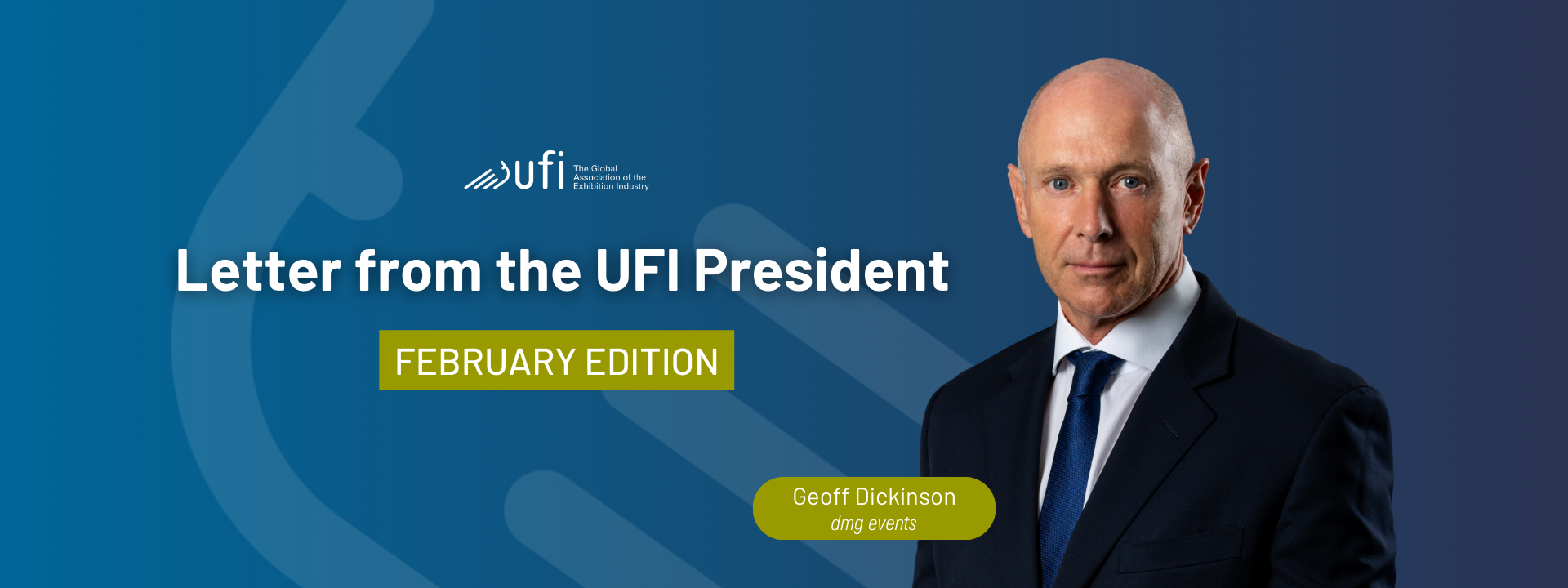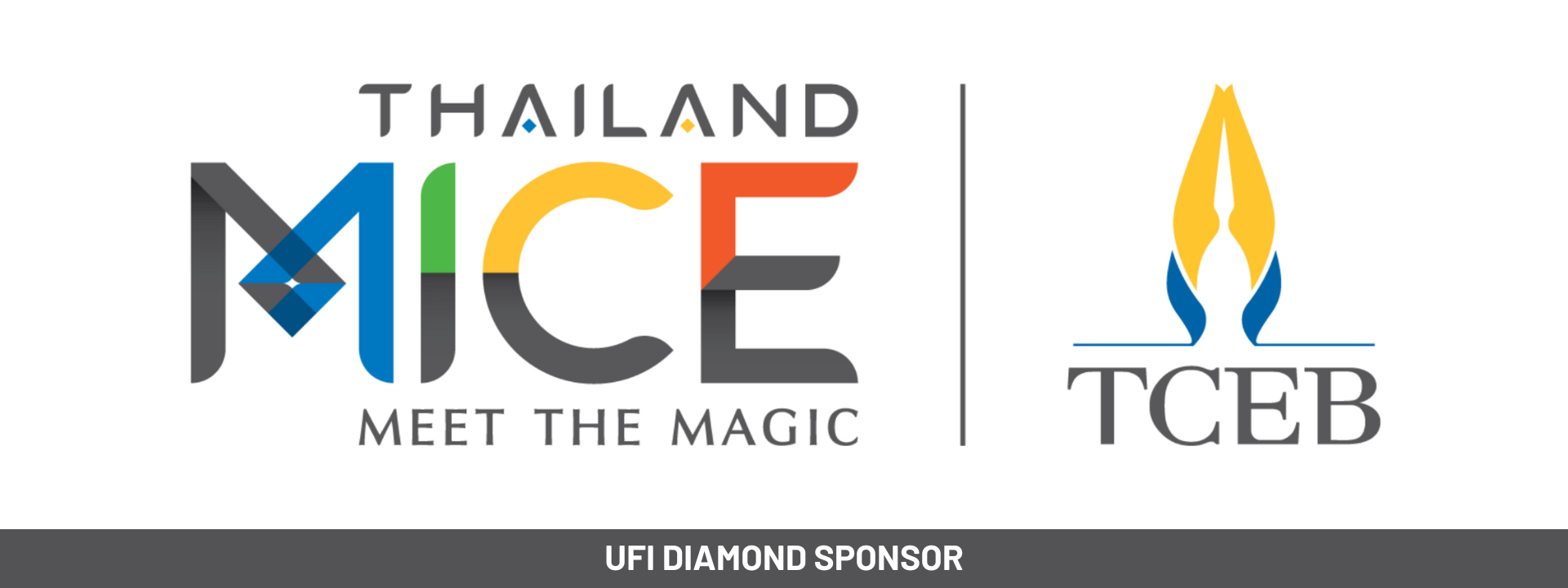Posted by
Barry Siskind
Community Manager
Rod Cameron, President of Criterion Communications Inc., will be one of the panelists at the UFI Congress in Valencia from November 9-11. He will be presenting his views on “Business Events in the Future.” I posed a series of questions to all the panelists. Here are Rod’s clear, articulate and thought-provoking responses.
Barry: In your opinion what are the key obstacles organizers will face in the future as they adapt to changes in their businesses?
Rod: I think there are two serious obstacles; the first is an unwillingness to accept and adapt to the inevitability of changing conditions and the second is a need to redefine and better promote our role as a critical element in global economic recovery and growth.
In the first case, we still see too many people who are essentially waiting for things to “return to normal” meaning conditions which are generally more familiar and comfortable. However, the reality is that many things in our industry will never be the same again simply because the industry is moving on and evolving in response to changing conditions and priorities. Accepting the inevitability of change is the first step to responding effectively.
In the second case, the relatively low profile of our industry has meant that many policy makers don’t understand our role in facilitating innovation, product development, economic growth and new investment – all essential elements of what has become their biggest priority: a stable, healthy economy. We need to do a much better job of explaining this role to our communities and governments if we are to expect them to see us as key players in the global economy and support us accordingly.
Barry: Will the current economic uncertainties slow the process of change or act as a motivator to make change happen faster?
Rod: Probably both. Current economic uncertainties will drive (and in fact are already driving) the need for change. Success will be determined by how effectively the industry is able to adapt to new conditions in an efficient and cost-effective way.
Barry: Is the process of change a result of demographics or are there other variables to consider?
Rod: Demographics are certainly a factor. We have a new generation of delegates and participants that have very different expectations and ways of looking at the processes of communications and marketing and this impacts how they engage with the industry. However, this is one part of the change process. While the overall objectives are largely the same, the vehicles for achieving these will need to adapt.
But, there are a lot of other factors in play as well – things like evolving technology; concerns around sustainability; a more challenging transportation equation and an elusive economic recovery. In the end, it will be the interplay amongst all these factors than determines the outcome, and the ongoing relevance of our industry.
Barry: What are the key steps the industry should consider when adopting to change?
Rod: There are a lot of theories around the process of managing change. The key is to decide which of these are most relevant to our particular sector. Something that’s worth considering is looking beyond the need to just respond to current requirements and instead to design systems that are able to anticipate and adapt to ongoing change. In other words, accept that change is an ongoing reality and design the way we work accordingly. Otherwise, we will continue to be surprised by new challenges that emerge after we feel we’ve just adapted to the last set. If we truly see “change as the only constant” we’ll start building our systems differently and be better equipped for future developments.
If you are a UFI Member and haven’t yet decided on attending this year’s Congress, there is a lot that you will be missing.
http://valencia2011.ufi.evenium.com/ and twitter #ufivalencia






Leave A Comment